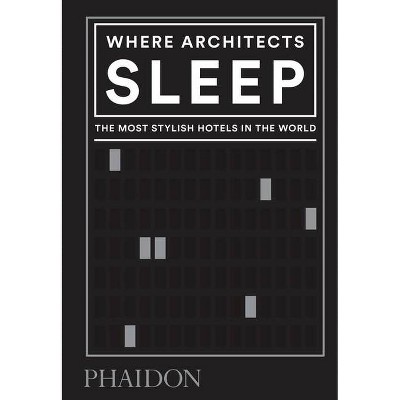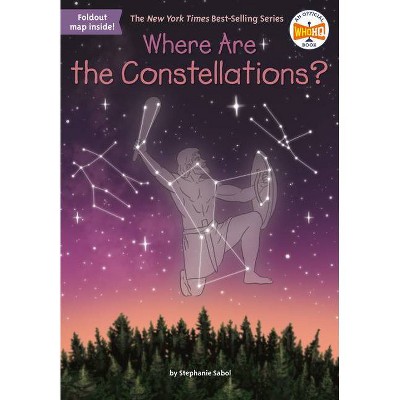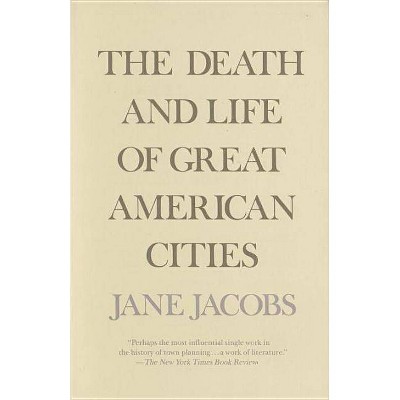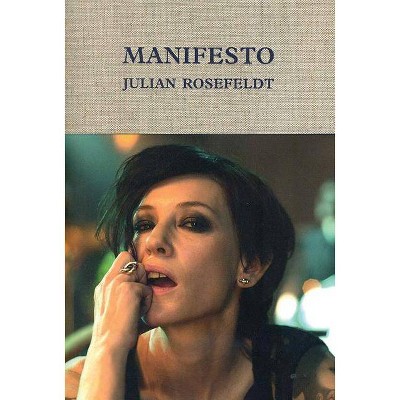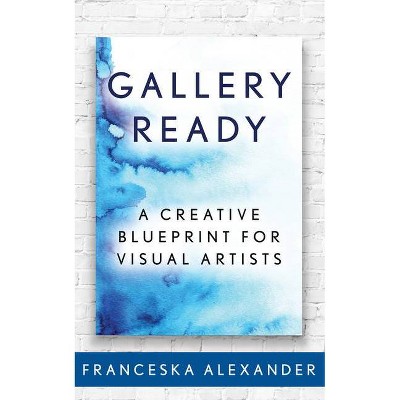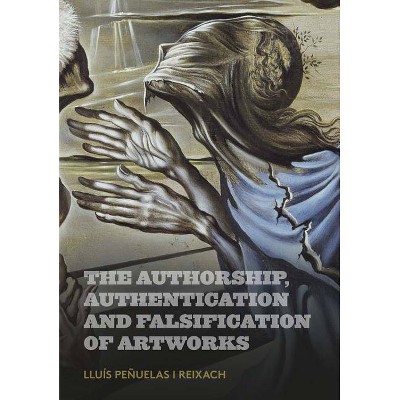Where Are the Women Architects? - (Places Books) by Despina Stratigakos (Paperback)

Similar Products
Products of same category from the store
AllProduct info
<p/><br></br><p><b> About the Book </b></p></br></br>Published in association with Places Journal.<p/><br></br><p><b> Book Synopsis </b></p></br></br><p><b>A timely and important search for architecture's missing women</b> <p/>For a century and a half, women have been proving their passion and talent for building and, in recent decades, their enrollment in architecture schools has soared. Yet the number of women working as architects remains stubbornly low, and the higher one looks in the profession, the scarcer women become. Law and medicine, two equally demanding and traditionally male professions, have been much more successful in retaining and integrating women. So why do women still struggle to keep a toehold in architecture? <i>Where Are the Women Architects?</i> tells the story of women's stagnating numbers in a profession that remains a male citadel, and explores how a new generation of activists is fighting back, grabbing headlines, and building coalitions that promise to bring about change. <p/>Despina Stratigakos's provocative examination of the past, current, and potential future roles of women in the profession begins with the backstory, revealing how the field has dodged the question of women's absence since the nineteenth century. It then turns to the status of women in architecture today, and the serious, entrenched hurdles they face. But the story isn't without hope, and the book documents the rise of new advocates who are challenging the profession's boys' club, from its male-dominated elite prizes to the erasure of women architects from Wikipedia. These advocates include Stratigakos herself and here she also tells the story of her involvement in the controversial creation of Architect Barbie. <p/>Accessible, frank, and lively, <i>Where Are the Women Architects?</i> will be a revelation for readers far beyond the world of architecture.</p><p/><br></br><p><b> From the Back Cover </b></p></br></br><p>"This important and sharp critique makes a convincing argument about the status of women and the deep-seated gender issues in the profession of architecture. Accessibly written, it will be incredibly useful to readers inside and outside of the field. Despina Stratigakos demonstrates how far things have progressed--and how far we have yet to go."<b>--Lori A. Brown, Syracuse University School of Architecture</b></p><p>"Despina Stratigakos unravels the stultifying, appeasing mantra that 'things are not that bad anymore' when it comes to the place of women in the profession of architecture. Clearly, she shows, they are that bad. <i>Where Are the Women Architects?</i> is timely and significant."<b>--Cathrine Veikos, California College of the Arts</b></p><p/><br></br><p><b> Review Quotes </b></p></br></br><br><i>Where Are the Women Architects?</i> . . . explores the reasons why female designers have struggled to gain a foothold in the profession, despite recent efforts and campaigns, and why the attrition of women in the profession continues. . . . From a look at Mattel's architecture Barbie, an intervention in popular culture, to an exploration of the campaign to pressure the Pritzker committee to give equal recognition to Denise Scott Brown (partner and wife of Pritzker laureate Robert Venturi) [Stratigakos] explores numerous facets of architecture's gender imbalance.<b>---Patrick Sisson, <i>Curbed</i></b><br><br>A splendid book.<b>---Carol Tavris, <i>Times Literary Supplement</i></b><br><br>All too timely.<b>---Carol Tavris, <i>Wall Street Journal</i></b><br><br>An important contribution to the discussion of gender and equity in architecture, <i>Where Are the Women Architects?</i> advances a deeper agenda: to document the swell of grassroots and institutional efforts to promote women in architecture and to mobilize new initiatives. . . . What if it became required reading for introductory survey courses on architectural history and theory? [Stratigakos'] call to action--that equity is everyone's issue--is urgent, and it is up to all of us to pick up the charge.<b>---Caroline James, <i>ArchitectureBoston</i></b><br><br>In 2015, when Britain's <i>Architecture Journal</i> asked its readers whether they would encourage a woman to enter the profession only half said yes. Despina Stratigakos' compact book replies to this impasse and in doing so, it offers moments of despair and delight in rendering the place of women within the practice and culture of architecture. . . . Stratigakos' provocations render this a valuable read. In fields beyond architecture too, where the loss of women eliminates a 'large and vital art of talent pool' to the detriment of both a discipline but also more broadly the community it serves by not being reflective of its make up. Perhaps in wrestling with these questions we might illuminate a path towards more sustainable forms of practice, for all practitioners--women or men.<b>---Kerstin Thompson, <i>Sydney Morning Herald</i></b><br><br>Stratigakos does not analyze inequalities from afar. She documents interventions and, in some cases, she is among the main instigators. Though Stratigakos is an academic architectural historian, her own agency is a wonderful departure from the typical academic's distance from their subject.<b>---Raj Mankad, OffCite.org, <i></i></b><br><br>'Male-dominated' is an understatement in architecture. . . . In this slim chronicle, architectural historian Despina Stratigakos incisively catalogues the setbacks.-- "Books in Brief"<br><br>[A] concise, highly readable book. . . . The first chapter, in essence a history of women in architecture, gives an illuminating and detailed account of events in the US.<b>---Flora Samuel, <i>Times Higher Education</i></b><br><br>[A] slim but sharp volume on problems women face in the architecture profession. . . . [A] concise, accessible book.-- "Publishers Weekly"<br><br>An excellent introduction to the recurring question that serves as the volume's title. . . . Compact but thorough.-- "Library Journal"<br><br>Reviewing criticism of women architects from each historical period and citing surveys from architects, for the most part conducted over the last decade, Stratigakos challenges stereotypes and refutes ideologies that have remained prevalent within general society and are operant within schools of architecture, architectural organizations, and the profession. . . . [An] affirming volume.-- "Choice"<br><br>The book is an excellent primer if you already are concerned about the topic--but especially if you are not.<b>---Anthony Paletta, <i>Urban Land</i></b><br><br>The insidious and hidden nature of . . . internalized bias is perhaps the most compelling reason why all architects--especially those that don't think that gender equity affects them--ought to examine this issue in greater depth to see if they may unwittingly be taking part. Many architects strive to create socially-minded physical places that encourage access for all. It's imperative to ensure that the same kind of equity is being built into the profession itself.<b>---Elsa Lam, <i>Canadian Architect</i></b><br><p/><br></br><p><b> About the Author </b></p></br></br><b>Despina Stratigakos</b> is associate professor and interim chair of architecture at the University at Buffalo, State University of New York. She is the author of <i>Hitler at Home</i> and <i>A Woman's Berlin: Building the Modern City</i>.
Price History
Cheapest price in the interval: 15.99 on October 28, 2021
Most expensive price in the interval: 15.99 on November 6, 2021
Price Archive shows prices from various stores, lets you see history and find the cheapest. There is no actual sale on the website. For all support, inquiry and suggestion messagescommunication@pricearchive.us
